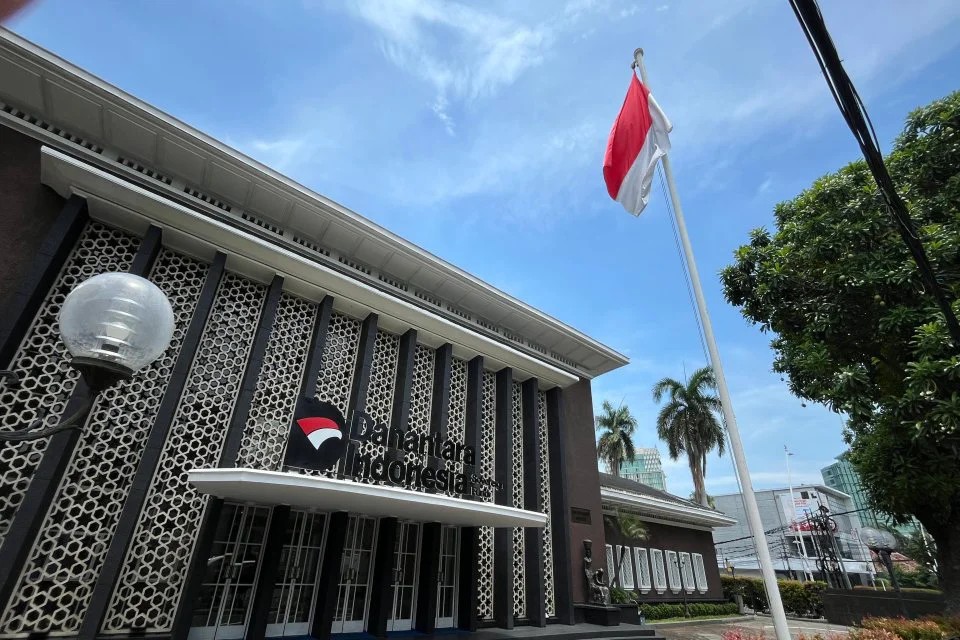Danantara Investment Management Agency plans to construct 17 modular refineries in the United States with an estimated value of US$8 billion.
This initiative aligns with a bilateral trade agreement between Indonesia and the U.S., which resulted in a reduction of reciprocal tariffs from 32% to 19%.
Strategic Partnership and Trade Agreement Facilitate Major Project
As reported by Reuters, Danantara intends to sign an Engineering, Procurement, and Construction (EPC) contract worth US$8 billion with U.S.-based engineering company KBR Inc.
This move marks a significant milestone in the collaboration between Indonesian and American industries.
The contract aims to oversee the full development process of the modular refineries.
According to sources cited by Reuters, the plan was included in confidential presentation materials reviewed by the news agency.
Government Support and Economic Impact
Indonesia’s Coordinating Minister for Economic Affairs, Airlangga Hartarto, disclosed the refinery development plans during a private briefing with business representatives on the evening of July 21, 2025.
He remarked, “There is a plan for Danantara to purchase refineries; the value is US$8 billion.”
Despite the announcement, Rosan Roeslani, CEO of Danantara, declined to comment when approached at the Ministry of Energy and Mineral Resources office on July 22, 2025.
The minister also confirmed that the investment forms part of negotiations linked to the Trump administration’s trade discussions with the U.S.
Apart from Danantara, the minister mentioned Indorama Corporation’s plans to invest in the development of blue ammonia in the United States.
Indorama’s Blue Ammonia Development in the U.S.
Indorama, a global firm specializing in fibers, yarns, and chemical products since 1975, is recognized for its experience.
“Indorama started from Purwakarta 50 years ago,” Airlangga said. Blue ammonia is produced using carbon capture and storage (CCS) technology, which significantly reduces carbon dioxide emissions during production.
This clean fuel holds potential for power generation, transportation, and as an industrial raw material, reflecting Indonesia’s broader strategy to foster sustainable energy investments internationally.
PHOTO: KATADATA/PATRICIA YASINTA ABIGAIL
This article was created with AI assistance.
Read More






 Friday, 27-02-26
Friday, 27-02-26







